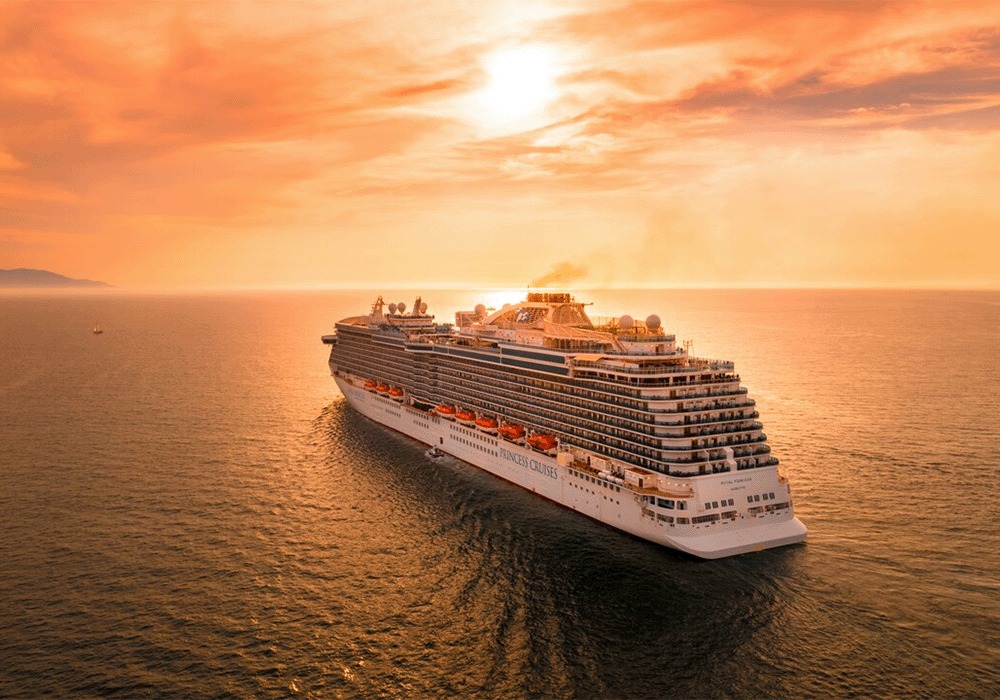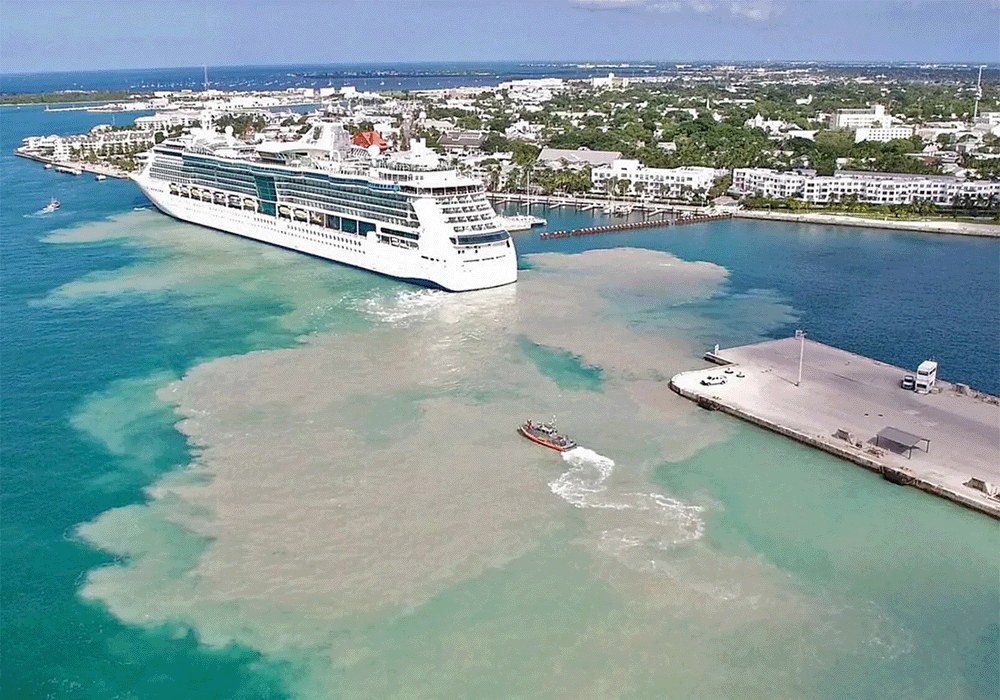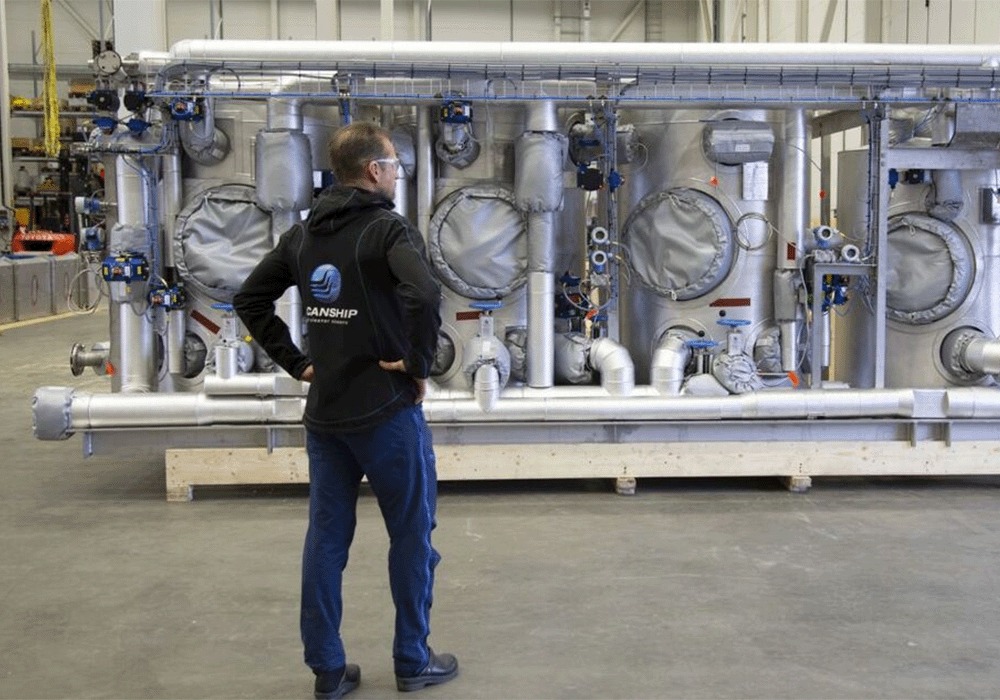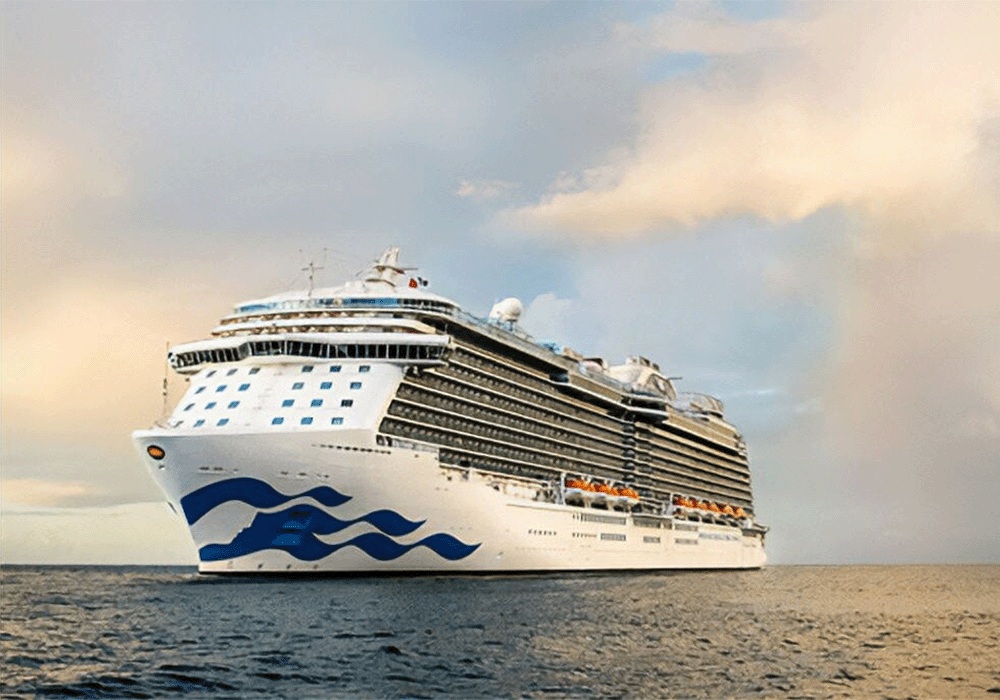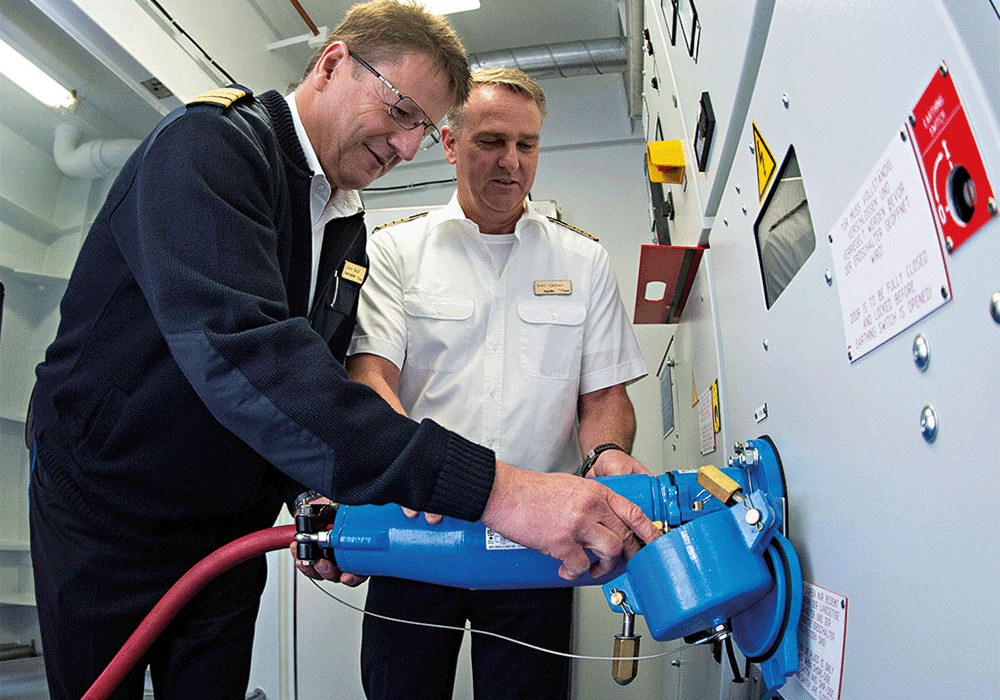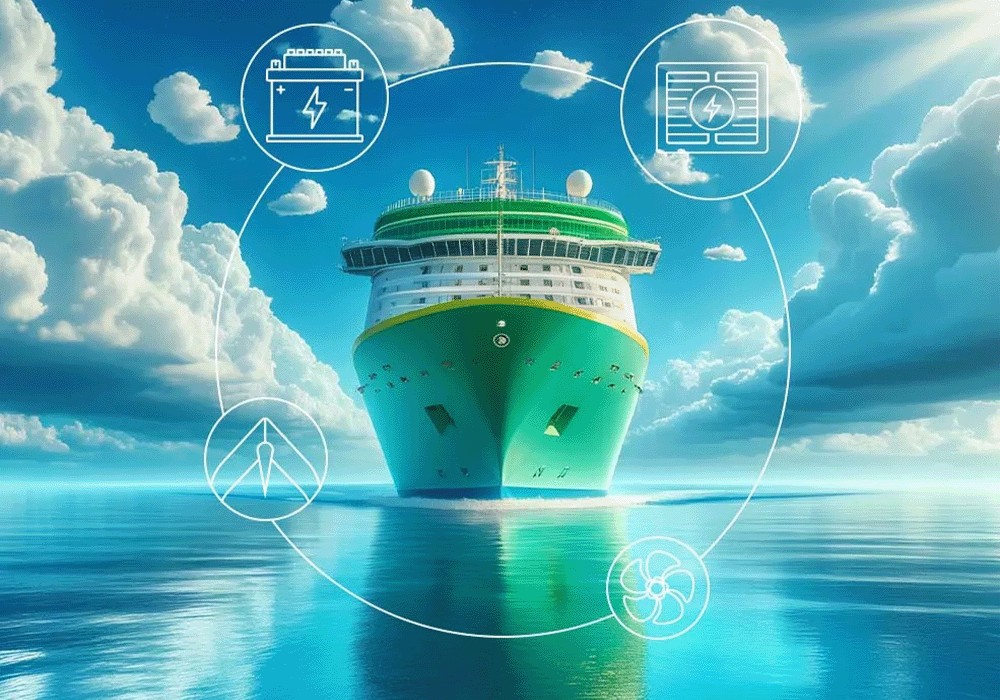We know how our earth is negatively affected by so many different things. From air pollution to mining, every activity we try to do here influences it, and one contributing to this aspect is our cruises. Now that we know how they affect our environment, let's delve into this aspect more so that we can understand how cruises make some kind of bad impression on our oceans.
Effects of Cruises on Oceans and Our Environment:
- Marine life is being affected by the use of cruise ships. We know that cruise ships travel through the marine habitats of marine animals, and the noise and vibrations of these ships often affect them, and even ship strikes can harm marine life.
- Air and water pollution are some of the other factors that these cruise ships impact.
- Another area where these cruises are making an impact is ballast water discharge, which can lead to invasive organisms that disturb local marine ecosystems. Also, it can have a bad impact on biodiversity.
- Even solid waste is created from large no. of passengers and crew members on the cruise, which, if management is not properly considered then it can harm marine life through ingestion or entanglement
- Climate Change and Ocean Acidification are other aspects to which cruises contribute.
- More things are getting affected by ocean cruises, which can impact the environment and earth, like infrastructure in sensitive coastal areas and the development of ports that were home to marine life before.
Eco-Friendly Practices By Cruise Lines To Maintain Our Environment & Oceans
Now, as we know, ships are making a bad impact on the environment and oceans, which is not fair, but with this knowledge, there are now cruise lines that are trying to maintain our environment & oceans through proper maintenance of the environment. So, let's dive in to know what kind of practices they have adopted so that they can make a difference. The points are as follows:
Waste Management:
One of the practices that cruise lines follow is properly managing the waste system, as it is quite important. They have separated the bin corners for recyclable materials and other things. They also try to use recyclable things to generate less garbage or solid waste. Other than that, some are even trying to remove single-use plastics on board, as this introduction of the method can really bring a big change. Some cruise lines also partner up with waste management companies so that they can manage the waste properly until the port.
Advanced Water Waste Treatment:
Cruise lines are trying their very best to impact the environment in a very small manner. They have been trying to invest in advanced water waste treatment to do this. Now, what happens in this treatment? This process removes contaminants from the wastewater and makes it capable of meeting international standards before its discharge into the sea. So this is a great initiative that helps to save the oceans & marine biodiversity.
Conservation Organizations:
Cruise Lines are trying to partner with conservation organizations to develop policies and strategies that will help them adapt sustainability to higher levels. These conservation organizations help them adopt systems that are less harmful to marine biodiversity. Their collaboration promotes responsible tourism practices so that places aren't affected by tourism and can be best preserved.
Cleaner Fuels:
These cruise lines are shifting to cleaner fuels to try not to negatively impact the environment and oceans. Adopting cleaner fuels can reduce air pollution and greenhouse gas emissions. Regarding ships, they switch from heavy fuel oil to lower-sulfur fuels like marine gas oil or liquefied natural gas. So, by using this method, they are adopting eco-friendly practices.
Energy Efficient Technologies:
Even though cruises may not switch to only energy-efficient models, they try to use them as much as possible to reduce fuel consumption and greenhouse gas emissions. Even on the ship, they use energy-efficient appliances and energy management systems to minimize the use of energy on board. They also use solar panels and wind power, which they use to generate power when they can. So they are adopting this technology to lessen the effect of cruises on our environment & earth.
Best Options To Choose From:
Well, if we talk about the cruise lines that are trying to make an impact on the environment with their sustainable practices and which you can opt from, they are MSC Cruises, Royal Caribbean International, Norwegian Cruise Line, Ponant, and AIDA Cruises.
Personal Recommendations:
All the cruise lines mentioned above are great, but two are our favorites for their practices and quality services, so those lines are MSC Cruises and Royal Caribbean International. But there is one that stands out on our top list: MSC Cruises. To explore more, you can visit their website too, and from there, you can check their sustainability factors, learn about other services, and learn why this is our favorite. For the rest, you can check which line you prefer the most.
Conclusion:
Now, Cruise Lines understands the importance of sustainable practices due to their great impact on marine environments. To fight these challenges, they are introducing many eco-friendly initiatives. These include great waste management systems to reduce solid waste and the removal of single-use plastics, the adoption of advanced wastewater treatment technologies to prevent ocean pollution, partnerships with conservation organizations to promote sustainable tourism, the switch to cleaner fuels to minimize air pollution and greenhouse gas emissions, and the addition of energy-efficient technologies to cut down on energy consumption.
Such efforts show the commitment to environmental aspects and highlight a shift towards more sustainable tourism practices in the cruise industry. Companies like MSC Cruises and Royal Caribbean International are leading the way, setting examples for the industry and offering travelers greener alternatives for exploring the world. As the industry continues to evolve, these practices are enhancing environmental outcomes and setting new standards for responsible tourism in sensitive marine ecosystems.
Shop Now